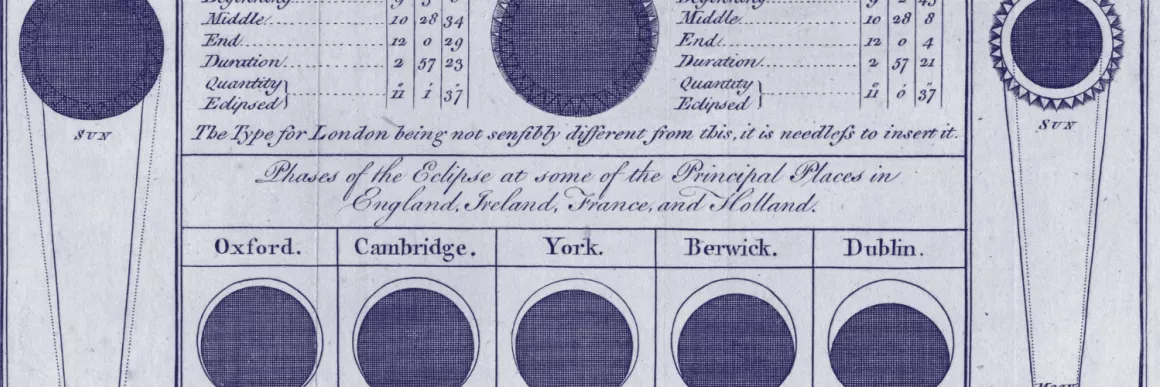The six essays collected here suggest that Romanticism exposes us to a materialism that cannot merely be overcome and an idealism with which it is not identical. By reading beyond the texts conventionally associated with Romanticism, and by recasting the critical tendencies–from thing theory to object oriented ontology–through the poets, genres, and critics of Romanticism, these essays position Romanticism (and show how Romanticism may always have been positioned) in another relation to things as they are–or may be. Edited and with an introduction by Sara Guyer and Celeste Langan, with essays by Brian McGrath, Sonia Hofkosh, Tom Toremans, Mario Ortiz-Robles,Yoon Sun Lee, & Anna Kornbluh.
Abstract
This essay introduces the essays in the current volume by beginning with the work of William Hazlitt. Hazlitt’s relation to the work of noted system-builders of the age (from Kant to Bentham) was far from straightforward: he criticized their “derangement” but admired and even envied their vision. Hazlitt’s views echo a range of other writers (Blake, Wollstonecraft, and Godwin, to name a few) who were adept at constructing systems as well as attacking them.
Abstract
The Eighteenth Century has been called the “age of the encyclopedia,” but the understanding of that word is very different in the encyclopedias of Chambers and Diderot on the one hand, and on the other hand the German Idealist tradition variously exemplified by Hegel’s Encyclopedia of the Philosophical Sciences, Schelling’s On University Studies, and Novalis’ Romantic Encyclopedia. In Kant’s terms, the first provides an aggregate of knowledge, whereas the second attempts a system that entails an architectonic.
Abstract
This essay examines De Quincey’s accounts of systems in The Logic of Political Economy (1844) and “System of the Heavens as Revealed by Lord Rosse’s Telescopes” (1846).
In the Spirit of “clever inventions and constellations”: the Mechanics of Romantic Systems
Jocelyn HollandAbstract
This essay offers a new perspective to German Romanticism's thinking about systems by exposing its indebtedness to a mechanical idea that pervades the organic model of systems and operates in the blind spot of organic discourse. Against the common point of view that to think “organically” is to think “non-mechanically,” this essay argues that these two perspectives can in fact co-exist, and it is precisely the particular dynamics of this co-existence that will put the Romantic concept of system in a new light.
Abstract
This essay examines two interrelated strategies Shelley uses to conceive of the systemic context for individual agency. In both cases, Shelley portrays agency as moving or acting upon air. First, drawing on new scientific accounts, Shelley examines the weather as a global system that is subject to local variability. Comparing the movement of weather to the movement of ideas, Shelley postulates that systemic change occurs when air from a “free” region moves into and temporarily disrupts air that has been tainted by despotic social and political structures.
About
Romantic Systems © 2016 by Mark Canuel is licensed under CC BY-NC-ND 4.0

